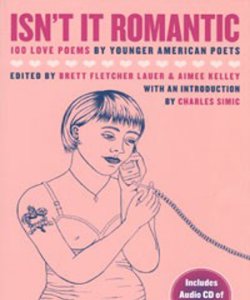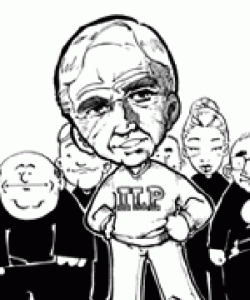Workshop: A Revolution of Sensibility
From the beginning the founders of the Associated Writing Programs and other pioneers have argued that, through effective creative writing programs, students can attain lifelong skills of critical thinking, empathy for others, and an understanding of the creative process, the key to all innovation. The schools featured in this article—Knox College, Oberlin, and Sarah Lawrence—have been working to make undergraduate creative writing degrees a hallmark of their respective institutions for some time now.







